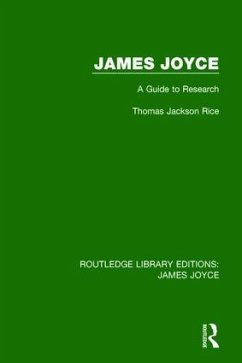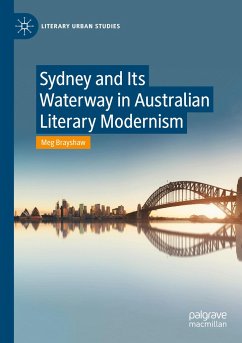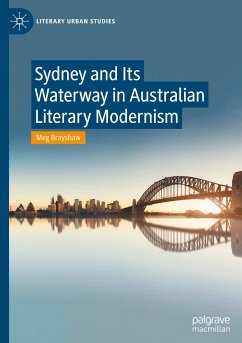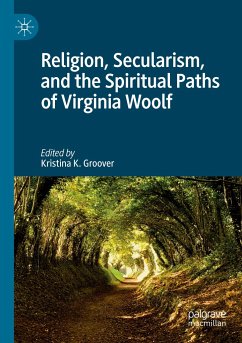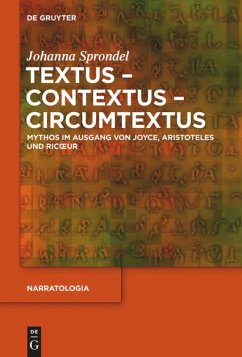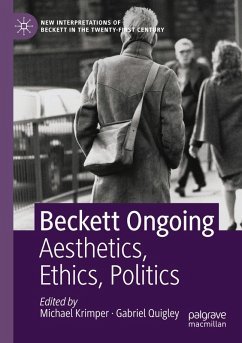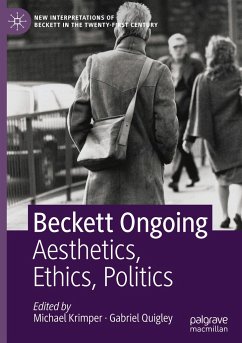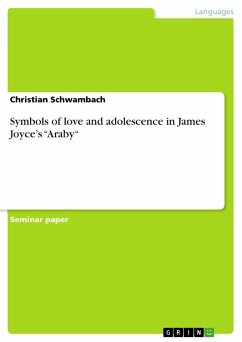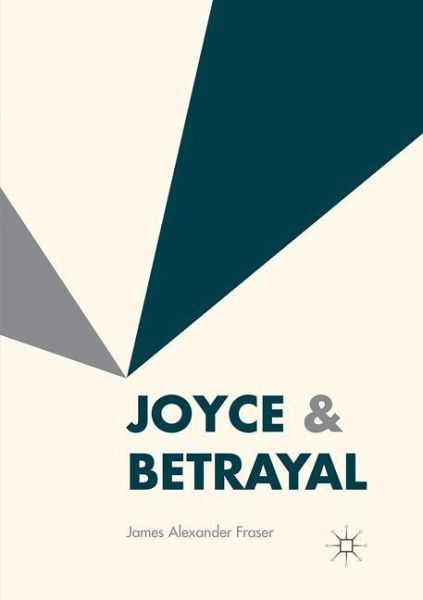
Joyce & Betrayal
Versandkostenfrei!
Versandfertig in 6-10 Tagen
38,99 €
inkl. MwSt.
Weitere Ausgaben:

PAYBACK Punkte
19 °P sammeln!
This book offers a fundamental and comprehensive re-evaluation of one of Joyce's most pervasive themes. By showing that betrayal was central to how Joyce understood and depicted the difficulties and terrors at the heart of all relationships, this book re-conceives Joyce's approach to history, politics, and the other. Leaving behind the pathologizing discourses by which Joyce's interest in betrayal has been treated as an 'obsession,' this book offers a vision of Joyce as both dramatist and theorist of betrayal. It demonstrates that, rather than being compelled by some unconscious urge to produc...
This book offers a fundamental and comprehensive re-evaluation of one of Joyce's most pervasive themes. By showing that betrayal was central to how Joyce understood and depicted the difficulties and terrors at the heart of all relationships, this book re-conceives Joyce's approach to history, politics, and the other. Leaving behind the pathologizing discourses by which Joyce's interest in betrayal has been treated as an 'obsession,' this book offers a vision of Joyce as both dramatist and theorist of betrayal. It demonstrates that, rather than being compelled by some unconscious urge to produce and reproduce textual betrayals, Joyce had a deep and hard-won conception of the specific dramatic energies wrapped up in the language and structures of betrayal and repeatedly found ways to make use of this understanding in his work.





